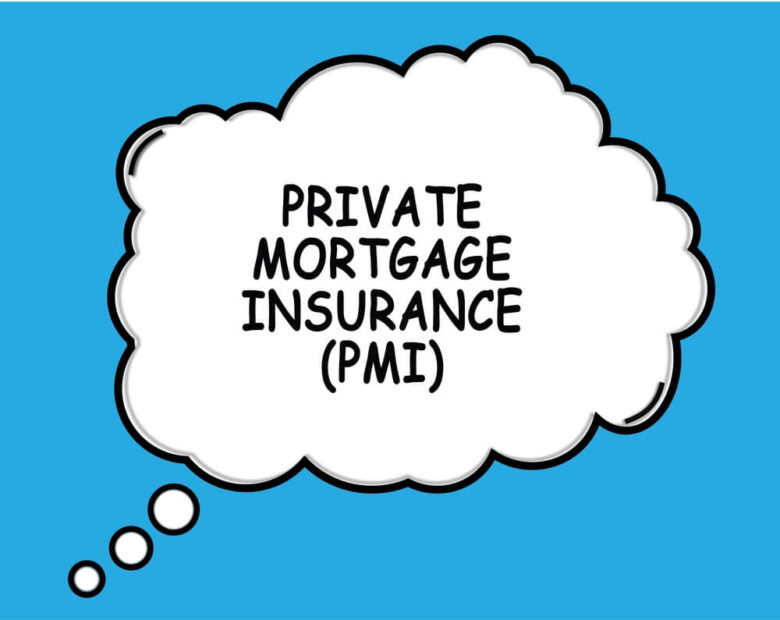Real estate rental income is a great way to add some real cash flow to your investment portfolio. You can take in multiple streams of income this way, and you don’t have to wait for quarterly dividends!
We’re going to walk you through the eight basic rules of good real estate investing. Our suggestions are founded upon years of personal experience and the school of hard knocks. You can follow us on our path, and you can reap the reward of our hard work!
Your end goal is always the rental income you will receive every month

Your end goal is always the same: streaming, monthly income from your rental properties. Start with one property and really get the hang of it. Then, when this income builds up to something really substantial, you can add a second property.
If you’re a fix-it guy or gal, then it will be that much easier on you. You won’t have to pay a property management company to take care of your tenants for you. You can simply do the work yourself at cost. However, if you prefer ease-of-use, you better price the monthly fees from some property management companies so that you can figure that into your cost calculations.
A good real estate agent knows all the steps to become a high-quality property owner
Experienced real estate agents know about rental properties, and they know where to find the best ones for your price range. You don’t have to do this alone. Experienced real estate agents know that your budget is the chief determinant in which house you should buy as a rental property, as well as knowing all the good locations for quality, reliable rental income.
If you enjoy investing your money, and you are looking at rental properties, odds are that you’re a pretty independent individual. However, rental properties are complex pieces of machinery. For your first six houses, you will want a licensed (and heavily experienced) real estate agent. If you are looking in the Phoenix/Scottsdale area look up The Kay-Grant Group, they are one of the most experienced realty firms in the area.
20% Down Payment versus Private Mortgage Insurance (PMI)

Private mortgage insurance is there to protect the borrower and the leaser from fraud or overbearing circumstances if something should go wrong. PMI is typically used when you want to mortgage a house with less than 20% down payment.
We recommend that you always use a minimum of a 20-40% down payment instead of private mortgage insurance. We want you to have the highest residual monthly income coming in from your rental properties. That’s not going to happen if part of your monthly costs includes a hefty fee for a PMI. Instead, save your money and buy a home on a regular fixed mortgage rate with no extraneous insurance costs. This will make sure that your monthly income from your property is as high as possible.
Should it be a ten-year, twenty-year, or thirty-year mortgage?
Look back at Rule #1. Your main goal is to get the monthly income pouring into your bank account from now on. You will pay more, in the end, for a longer loan. However, your monthly checks will be a lot higher from your tenant, because the monthly payments will be quite small.
You should have stellar credit if you are investing in properties. That is what really adds up in cash dollars, in the end. Your credit score and timely payments on your rental property will ensure your future success as a property magnate.
Make sure there are zero penalties for paying your property off early. Your savings from your tenants will add up and, in time, you will want to pay for your mortgage before it is due. On some contracts, this can incur a penalty fee. It is worth the one-time fee for a real estate attorney to make sure that you can enter and exit your contract easily, swiftly, and cost-effectively.
The best appraiser is a landlord’s dream

Picture this: Your appraiser is walking through a potential rental property of yours. He or she is writing things down on a list that should be fixed, are weak, or do not have proper clearance with the city’s municipal code.
Now, picture this: For every item that your appraiser marked as unfit, you are saved months of labor and materials for repairing it. You are saved this money because you only buy properties with a few things to fix before you move in your first tenant. Ka-ching! That’s money in the bank.
A good appraiser is worth his or her weight in gold.
Additionally, you will want to take a thorough number of pictures of the inside of your property, the electrical wiring, the plumbing, and anything that could be disputed in an insurance claim. Make sure these are all up to par and that you include these photos in your insurance and that you have copies stored in a very safe location. If a tenant destroys your property out of anger (say, an eviction), you will want to be able to take them to small claim’s court to get reimbursed for the damage done. Take updated photos of the property after the need for eviction is at hand.
Automate the savings deductions in your bank account every month
There’s one way you can become a small property magnate fairly easily and quickly. You can automate the savings and notification processes between your checking and savings accounts at your bank.
Let’s say that you have a good, credit-worthy tenant who you know will pay their rent for the next ten years. Put a majority of your net rental income (after costs have been applied) into your savings account, before taxes. Have this pulled from your bank account and applied to your savings account automatically every month. Have your bank notify you by phone (and ask you to come down in person) when your savings account reaches a certain milestone.
This is a great way to knock huge sums of money off of your mortgage. Every six years, you can add your savings to your mortgage (without penalty, because of your lovely attorney), and you can refinance your rental property. By refinancing, your monthly income will get much larger. You should then save a much greater amount automatically in your savings account.
Credit histories count for your new tenants

Now that you are all ready to go on your rental property, you need new tenants. This is where being a landlord means that credit scores really help you. You can have your potential tenants checked out, do background checks on them, investigate their credit history, and learn what their current financial income is.
You should never take a tenant whose rental expenses will be more than one-quarter of his or her take-home income. Industry standards say one-third, but you want a little bit better than one-third, don’t you? Your tenants will be more reliable and less costly when leaving if they are very financially secure. You don’t have to tailor your rental property to their tastes. They can see how nice the place is all on their own. Everybody needs a good place to live at a reasonable price.
Buy what you can afford, not what you dream of owning
Sometimes, the idea of a rental property can take hold of your imagination. You may dream of living there someday after you’ve retired. Don’t let your imagination and your dreams take over here. This is an investment that will take time to build and compound itself. Let it do that. Don’t jerk it around too many times.
Congratulations! You’ve just finished your first real tutorial on rental properties and how valuable they can be to your income. Find a good real estate agent and start house hunting!

